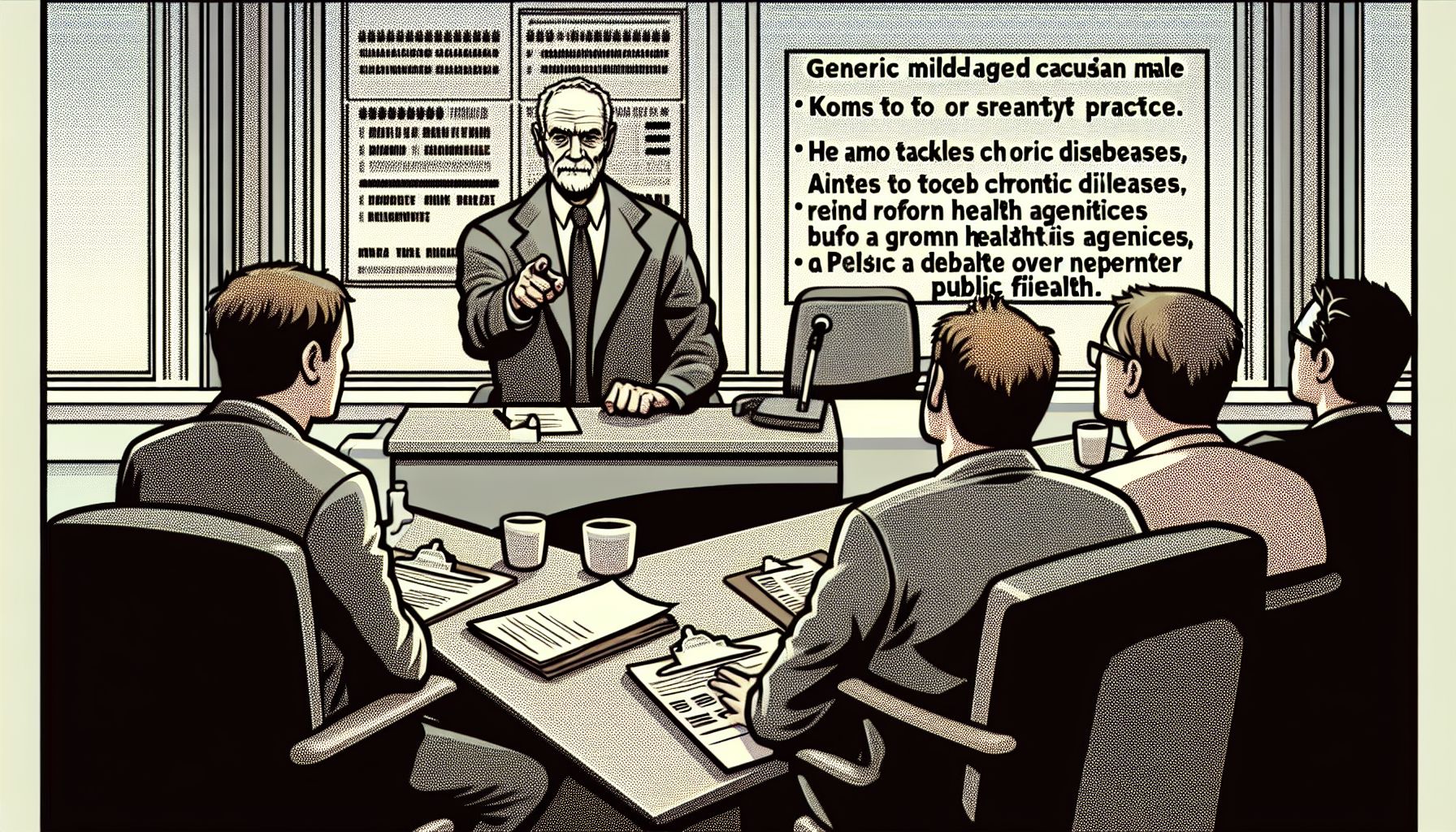Trump Taps Vaccine Skeptic RFK Jr. for Top Health Role

Washington, Saturday, 16 November 2024.
In a controversial move, Donald Trump nominates Robert F. Kennedy Jr. as Secretary of Health and Human Services. Kennedy, known for his anti-vaccine stance, aims to tackle chronic diseases and reform health agencies, sparking debate over public health implications.
A Divisive Nomination
The nomination of Robert F. Kennedy Jr. by President-elect Donald Trump for the position of Secretary of Health and Human Services (HHS) has ignited widespread debate across the political and public health arenas. Known for his controversial views on vaccines, Kennedy’s appointment signifies a bold shift in the administration’s approach to public health. The Senate is set to confirm his nomination, a process that will likely be contentious given his history of promoting vaccine skepticism[1][2].
MAHA: A Health Agenda
Central to Kennedy’s potential role at HHS is his ‘Make America Healthy Again’ (MAHA) initiative, which seeks to dramatically reform how the United States manages chronic diseases and public health policies. This agenda targets the reduction of ultra-processed foods, the regulation of food additives, and the overhaul of federal healthcare programs. His proposed changes are aimed at diminishing the influence of the food and pharmaceutical industries, which he claims prioritize profits over public health[3][4].
Support and Opposition
Kennedy’s nomination has garnered an unusual coalition of supporters, ranging from left-leaning health advocates to MAGA supporters, reflecting a shared distrust of institutional health policies. This bipartisan backing, however, is countered by substantial opposition from health experts and organizations. Critics, such as Georges C. Benjamin, Executive Director of the American Public Health Association, argue that Kennedy lacks the necessary qualifications and that his appointment could undermine public trust in health institutions[5][6].
Controversy over Vaccine Stance
A major point of contention is Kennedy’s well-documented skepticism towards vaccines, which has led to significant criticism from the scientific community. Despite Kennedy’s assurances that he is not anti-vaccine, his past statements and leadership of the Children’s Health Defense organization have raised concerns about potential public health risks, including the resurgence of preventable diseases[7][8]. Such views have prompted warnings from public health officials and could lead to resignations within the HHS if he is confirmed[9].
Potential Implications
If confirmed, Kennedy would oversee crucial health agencies, including the CDC, FDA, and NIH, with a budget of approximately $1.7 trillion. His leadership could significantly alter the landscape of American healthcare, particularly in terms of regulatory oversight and public health policy. The Senate’s decision will be pivotal, not only for Kennedy’s career but also for the future direction of U.S. public health strategy[10][11].